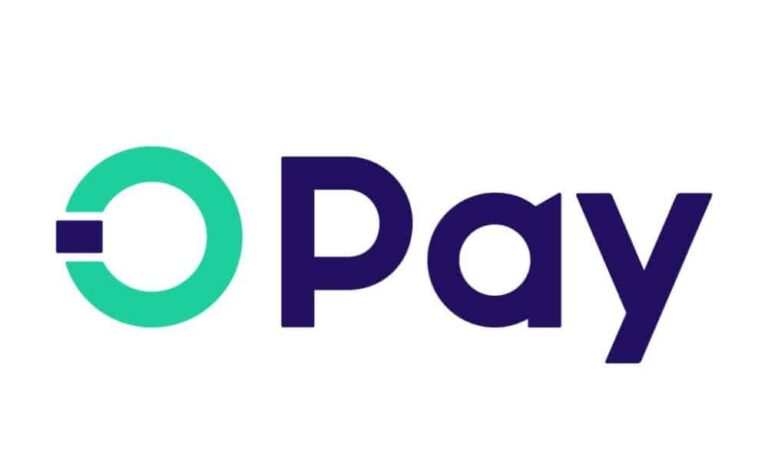
Popular fintech company, Opay, has notified its customers and users that it would start charging a one-time fee of ₦50 on electronic transfers above ₦10,000 paid into their personal or business accounts.
According to the company, the charges, tagged Electronic Money Transfer Levy (EMTL), would become effective as from Monday, September 9, 2024.
Opay, in a message sent to its customers on Saturday, said the charges are in compliance with the Federal Inland Revenue Service (FIRS) regulations, adding that the company itself does not benefit in any way from the charges as it is directed entirely to the federal government.
The message reads: “Dear valued customer, please be informed that starting September 9th 2024, a one-time fee of N50 will be applied to electronic transfers of N10,000 and above paid into your personal or business account in compliance with the Federal Inland Revenue Service (FIRS) regulations.
“It is important to note that Opay does not benefit from this charge in any way as it is directed entirely to the federal government.
“Thank you for your understanding.”
Meanwhile, OPay, has once again emphasized its strict ban on cryptocurrency and virtual asset trading on its platforms.
The company stated that as a compliant organization dedicated to upholding legal, constitutional, and regulatory obligations, it prioritizes the safety, strength, and integrity of the financial system.
The Chief Executive Officer of OPay Nigeria, Gotring Wuritka Dauda, emphasized some weeks back that the company strictly prohibits trading in any form of cryptocurrency or virtual currency on its platform.
The CEO assured that OPay’s accounts and wallets would not be used for any cryptocurrency or virtual currency transactions.
To comply with the directive, Dauda stated that OPay conducts daily scans of its platform to identify any unauthorized cryptocurrency or virtual currency trading.
He further mentioned that any account or wallet found violating this policy will be promptly closed, with details reported to the appropriate regulatory bodies.


